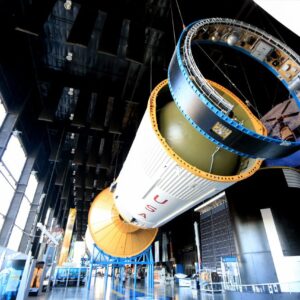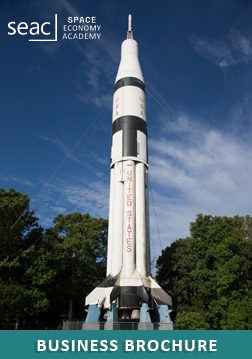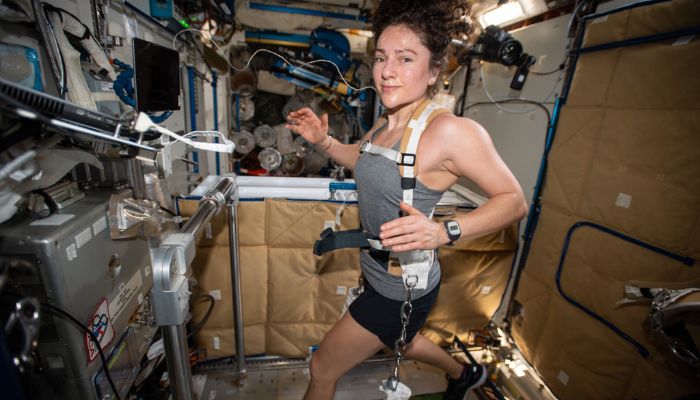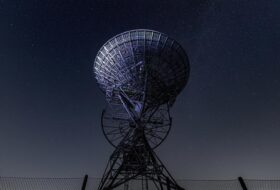Explore the frontier of space medicine and its critical role in safeguarding astronaut health during space missions. Discover the impact of microgravity, radiation exposure, and isolation on human well-being in outer space. Join us as we unravel the mysteries of space medicine and its vital contribution to humanity’s exploration of the cosmos.
Microgravity and Its Effects on Astronaut Health
Learn how microgravity affects the human body in space. Discover the impact of muscle atrophy, bone loss, and cardiovascular changes due to the absence of gravity. Explore the exercise programs, specialized equipment, and interventions used in space medicine to mitigate these effects and ensure astronaut well-being during space missions.
Radiation Exposure and Shielding Strategies
Delve into the challenges of radiation exposure in space and its potential health risks. Understand the impact of cosmic radiation and solar flares on astronauts and the increased cancer risk. Explore innovative radiation monitoring, shielding strategies, and advancements in pharmaceutical and genetic approaches to protect astronauts during space travel.
Psychological Challenges of Space Isolation
Discover the psychological impact of isolation and confinement on astronauts during long-duration space missions. Learn about the strategies and support systems implemented in space medicine to address mental health concerns. Explore psychological screening, counseling, communication techniques, and recreational activities used to maintain astronaut well-being and performance in space.
Conclusion
Space medicine plays a crucial role in safeguarding the health and well-being of astronauts as they venture into the vast expanse of outer space. The challenges posed by microgravity, radiation exposure, and psychological isolation demand innovative solutions and continuous research.
By understanding the impact of microgravity on the human body, space medicine pioneers exercise programs, specialized equipment, and interventions to counteract muscle atrophy, bone loss, and cardiovascular changes. These measures help maintain the physical well-being of astronauts during space missions and ensure their safe return to Earth.
Radiation exposure presents another significant concern in space travel.Space medicine aims to protect astronauts from the detrimental effects of cosmic radiation and solar flares. Space medicine contributes to the long-term health of astronauts and their ability to explore deep space.
The psychological challenges of isolation and confinement in space cannot be overlooked. Space medicine addresses these concerns by implementing psychological screening, counseling, communication strategies, and recreational activities. These measures aim to promote mental well-being, and maintain optimal performance and productivity during extended space missions.
As we look to the future of space exploration, the lessons learned from space medicine will continue to be invaluable. The ongoing advancements and research in this field not only protect the health of astronauts but also contribute to our understanding of human resilience in extreme environments.
Space medicine serves as an indispensable partner, ensuring the health and safety of those who journey to the stars. Through its multidisciplinary approach, space medicine enables humanity to reach new frontiers while caring for the well-being of those who venture into the unknown
Author: SEAC – Space Economy Academy





